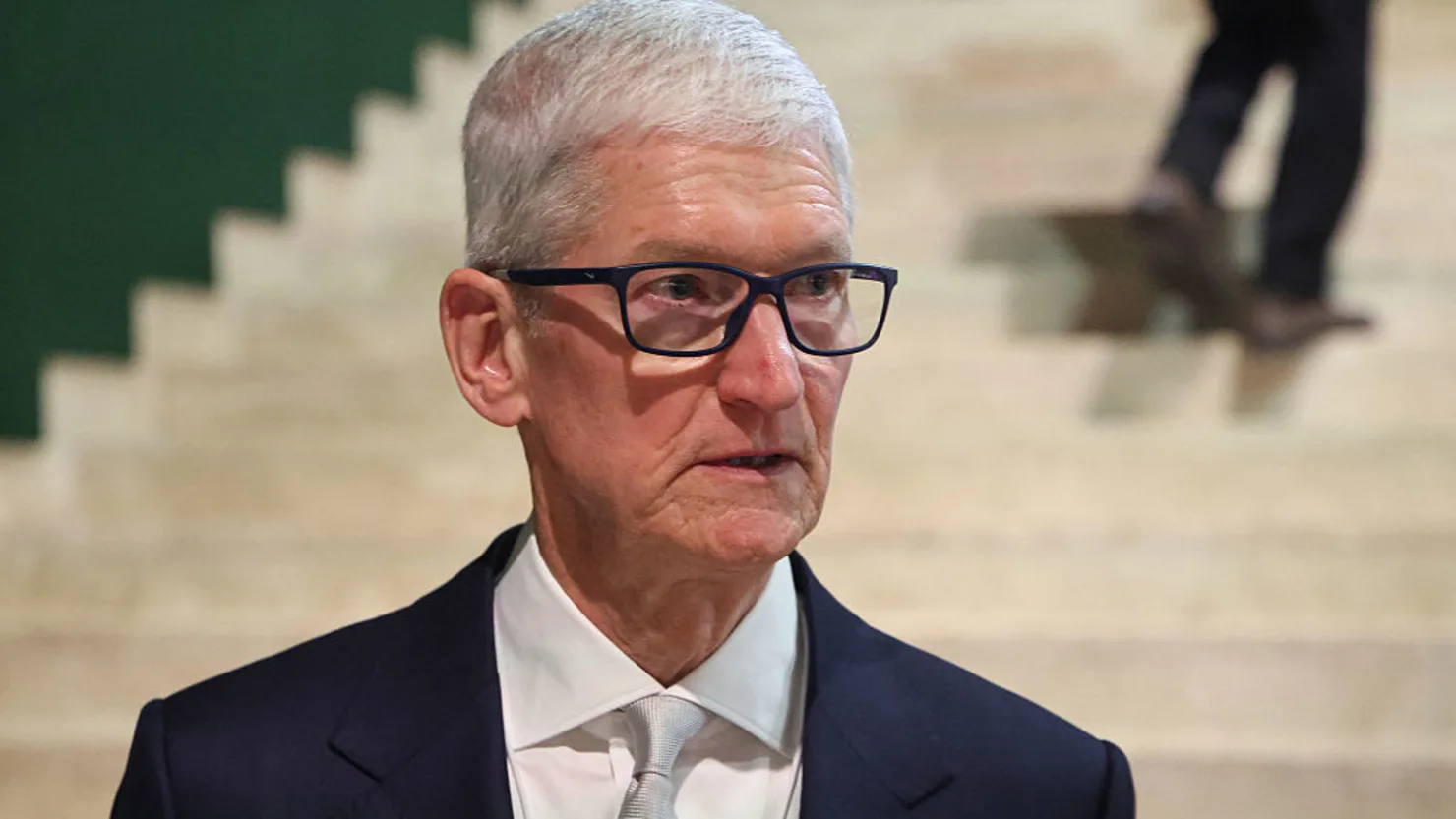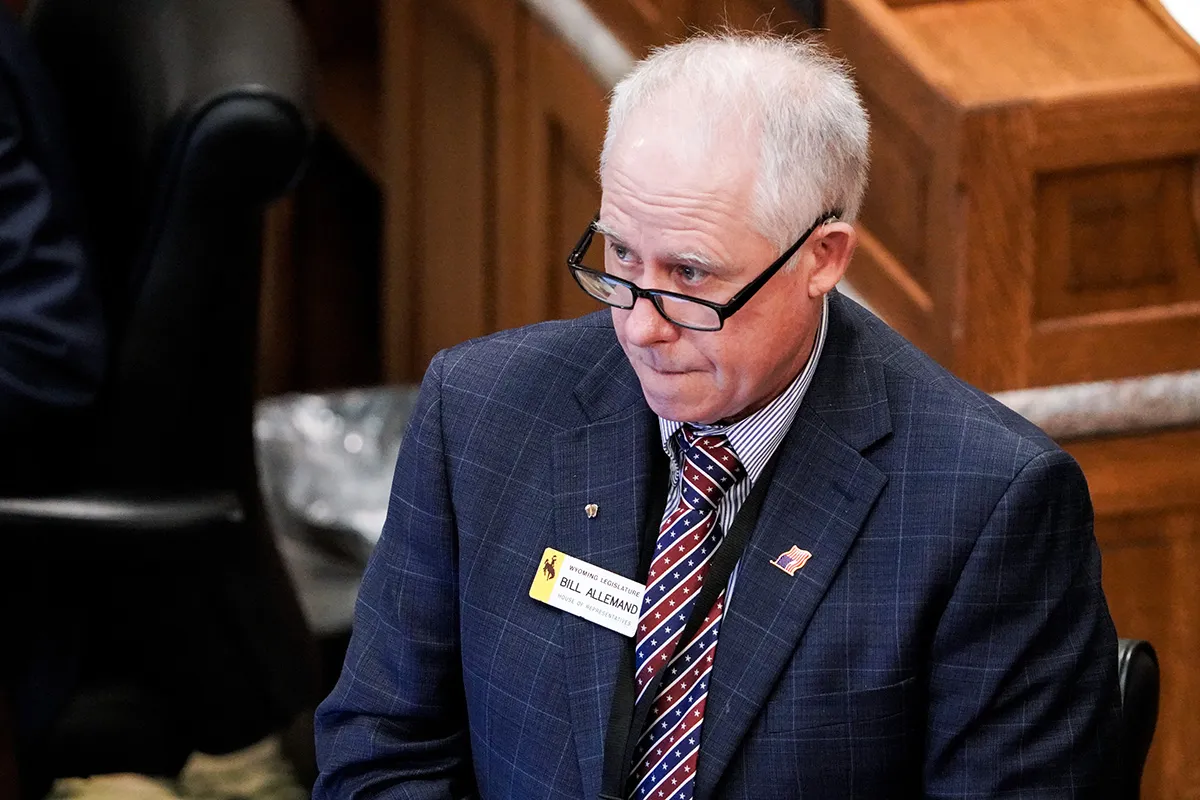Wyoming’s push for jobs and growth isn’t just about writing checks — it’s about teaching communities how to spot what’s really holding them back. The Wyoming Business Council (WBC) says its education-first approach is becoming even more important as the rules for state money change, Wyoming News Now reports.
Earlier this month, the WBC board approved a rule that would require a 25% local match for Business Ready Community (BRC) grants. The change kicks in once Gov. Mark Gordon signs off — his office says he’ll give the rules a careful look when they reach his desk. Historically, BRC dollars focused on publicly owned infrastructure. The new framework widens what qualifies, so towns can tackle broader “binding constraints” — not just roads and water lines, but housing, quality-of-life amenities, childcare, and other bottlenecks that stall growth.
WBC leaders argue that money works best when communities know exactly what problem they’re solving.
“There are really two types of programs we offer,” said Sarah Fitz-Gerald, the WBC’s chief strategy officer. “Direct services for communities, businesses and people, and work to understand Wyoming’s economy. Those two things go hand in hand.”
The core question, she adds: how to preserve Wyoming communities while they grow.
Programs built for problem-solving
- Assessment to Action (A2A): Launched in February, this hands-on effort sends WBC staff into towns to diagnose local challenges and coach leaders through practical fixes.
“We go out to communities that need help, figure out their unique challenges, and educate them on development opportunities,” said Connor Christensen, the council’s economic policy and research advisor.
- Building State Capabilities (12-week): A deeper dive that helps teams pinpoint their biggest constraint and build a plan to tackle it. The current cohort is full and starts this fall; another round is coming soon.
- Harvard Growth Lab partnership (2022–2026): Economists embedded with Wyoming provide data analysis, trend spotting, and policy suggestions—not just at the state level, but shoulder-to-shoulder with local officials. CEO Josh Dorrell says that’s meant “direct economist support” on issues from housing (see Cheyenne, where the team is informing zoning and supply changes) to fiscal systems and child care.
Fitz-Gerald calls the Harvard work unusually useful:
“We’ve used a lot of outside experts. No one has gotten to know us like this team—and the result is tangible solutions to problems we’ve wrestled with for years. They’re not easy steps, but we finally understand how to approach them.”
Rural and small communities often lack the staff and hours for long strategy projects. That’s where outside facilitation plus rigorous data helps, WBC leaders say—turning scattered concerns into a shortlist of do-able actions that expand opportunity.
At street level, Christensen says most wins boil down to one thing: more money flowing into town from outside. That “tradable income” comes from sectors that sell beyond the local market — manufacturing, tourism, professional services, even remote work — so residents aren’t just passing the same dollar around.
With a 25% match on the horizon and a broader definition of what counts as “economic development,” the WBC is betting that education + evidence will make grant dollars go further. Figure out the constraint first — then fund the fix. In Wyoming’s playbook, the workshop comes before the ribbon-cutting.










The latest news in your social feeds
Subscribe to our social media platforms to stay tuned